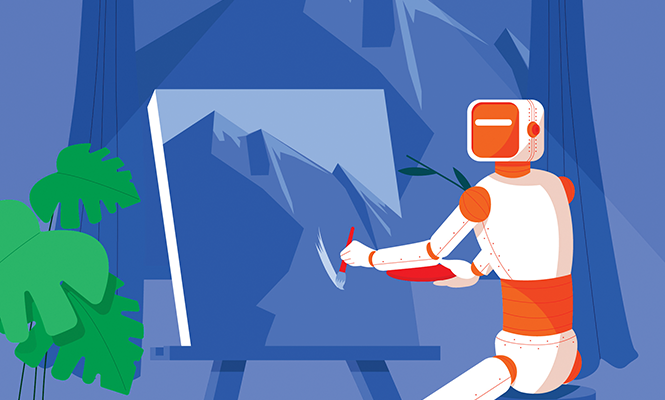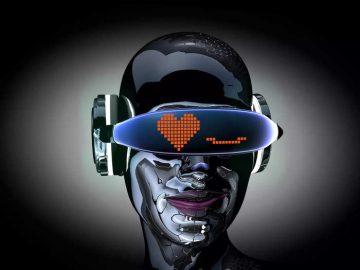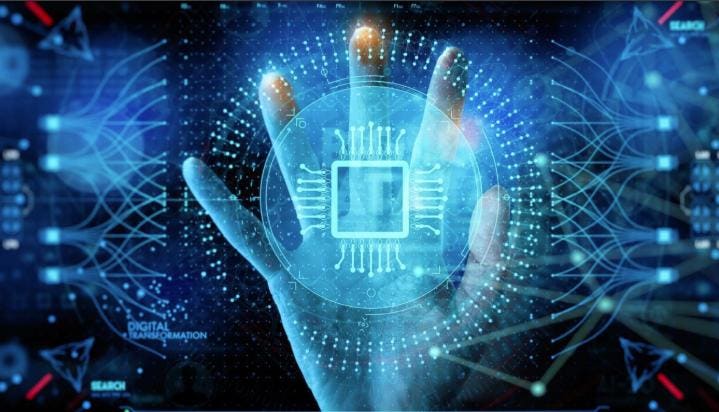AI art is bad. And you should feel bad for sharing it.
I don’t mean to make you feel bad if you are the sort of person who will share it—but maybe I actually do. I’m happy to explain why you shouldn’t do it. And at the end, if you still feel like doing it, it’s on your conscience, not mine.
First off, let’s say that the term “artificial intelligence” is not really accurate when it comes to the sort of things image generators like Midjourney or engines like ChatGPT can do. They aren’t actually an “intelligence,” but merely learning machines. These machines take in mountains of input, then use an algorithm to evaluate whatever keywords you input, mix all of its data together, and then spit out something that resembles what you asked for. It’s not creating something artistically; it’s taking an average of everything it’s seen before based on your keywords, and mashing it together. It’s not art. It’s more of a novelty—and not a good one.
The biggest problem with this method (among many) is that the tech companies have built their AI–whether text-only or visual–on stolen work. There was no payment made, or permission given, to any of the artists whose work were fed into this machine, and it is undercutting their livelihood. Is it ethical to forego paying an artist by using a machine that has stolen their work? No. Even if it’s just for a joke or a meme.
You have artists in your life, and every time you share one of these AI-generated monstrosities, you are telling them implicitly that you don’t value them or their work. You don’t value the time it took them to learn their trade. You don’t want them to make a living.
It is hard enough to earn your way by making art. Our society has devalued it to the point where it’s a struggle where you’re expected to sacrifice your life and well-being in order to have a chance to ply your trade. By stealing the art and words of artists, putting them into a machine and then taking those images, it is a clear message to those of us who make art that you want things to be even harder for us. You would have to believe that art has value to you—because you obviously need and want it in your life, even just by pressing share on a social media post—but you don’t feel like it’s worth enough to pay for it in some way. Accordingly, that means you don’t think we should be paid.
My question is: Why? Why shouldn’t writers and artists be paid for their work? Why would it be okay for these tech companies to steal the work of tens of thousands of artists, and then charge to amalgamate it and spit something else out? And why would it be okay for you to share that stolen work?
If there were a museum, filled with paintings stolen from other museums, I feel like you probably wouldn’t feel good about buying a ticket to that museum. Would you feel good about going to a free art gallery, taking pictures of all of the for-sale art on the walls, and then printing your own copies for home? Or would you buy the original—or even a print—for your own enjoyment?
It seems as though we all know, innately, that stealing the work of someone else is wrong, especially in the context of the capitalist hellscape that we live in. But why is there still such a disconnect when it comes to AI art? Why do some folks feel like it’s okay to share and disseminate?
I think part of it, for some, is entitlement. They think they should be able to take what they want, regardless of whom it hurts. For others, they must just be oblivious to the damage they’re doing.
But now you know. You know that it is wrong and unethical to share that stuff, and even sharing it tells your artist friends you don’t value them. And I know you do value us.
So… knock it off. Don’t share AI art. Don’t generate it. Don’t even bother. Your time would be better spent learning how to make the art yourself. And if you can’t do it yourself, don’t hesitate to pay someone else to do it. Put simply, it’s the right thing to do.





